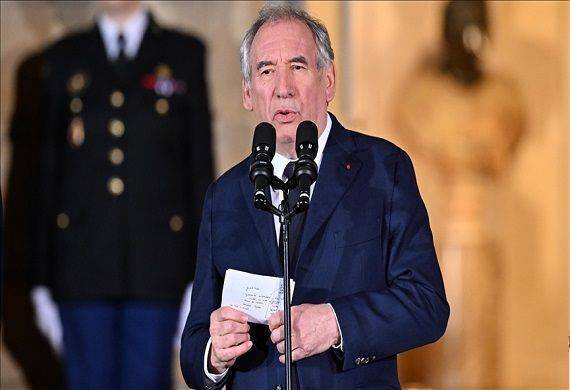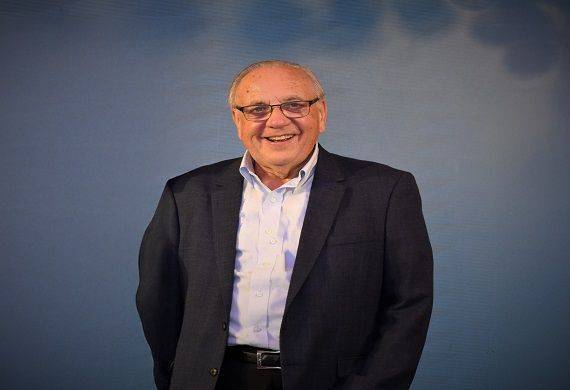France May Scrap 2 Public Holidays to Boost Government Finances
By Global Leaders Insights Team | Jul 16, 2025

French Prime Minister François Bayrou unveiled a contentious 43.8 billion euro ($50.88 billion) budget squeeze for 2026, risking his political survival as opposition parties threaten a no-confidence vote.
Tasked by President Emmanuel Macron to stabilize France’s spiraling public finances, Bayrou’s plan includes drastic measures like scrapping two public holidays and freezing most public spending, including welfare and tax brackets, at 2025 levels without inflation adjustments.
France’s budget deficit reached 5.8% of GDP last year, nearly double the EU’s 3% limit, driven by a political crisis that paralyzed four successive governments. Bayrou, a veteran centrist, warned that public debt poses a “mortal danger” to the nation, emphasizing the need for collective sacrifice. However, his proposals have drawn sharp criticism. Left-wing leader Olivier Faure, whose Socialist party previously supported Bayrou’s 2025 budget, called the plan a “demolition” of France’s social model. Far-right politicians labeled the spending freeze unfair to citizens.
- France Considers Scrapping Two Public Holidays in 2026 Budget Push Amid Soaring Deficit
- French PM François Bayrou Unveils €43.8 Billion Austerity Plan, Faces No-Confidence Threat
- France’s 2026 Budget Plan Freezes Spending, Risks Political Fallout Over Public Holiday Cuts
The budget, detailed in a two-hour news conference, spares defense spending, which will increase in 2026, aligning with Macron’s push to bolster military capabilities despite fiscal constraints. Bayrou faces a fractured parliament, a remnant of Macron’s snap election last year, which left no clear majority. To pass the budget, he must secure at least tacit approval from opposition ranks or risk a no-confidence motion, as seen with his predecessor’s ousting in December 2024.
Financial markets and rating agencies are closely watching, with interest payments projected to become France’s largest budget drain at over 60 billion euros. Failure to pass the budget could trigger further credit downgrades, raising borrowing costs. Bayrou aims to reduce the deficit to 4.6% of GDP in 2025, targeting the EU’s 3% limit by 2029, but political resistance threatens his timeline.
Also Read: Taiwan President to Visit Paraguay Next Month, Potentially Including U.S. Stopovers
As budget talks loom in October, Bayrou’s ability to navigate France’s polarized parliament will determine his government’s fate and the nation’s fiscal future.


.jpg)